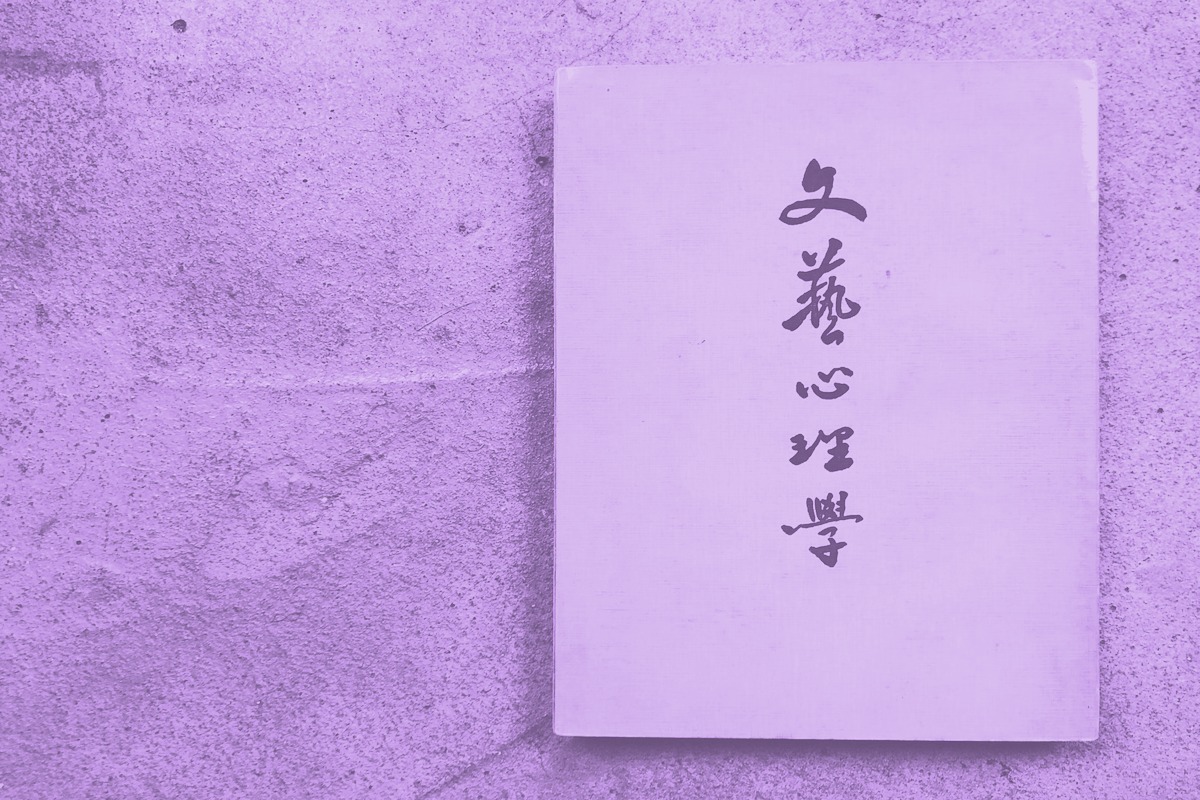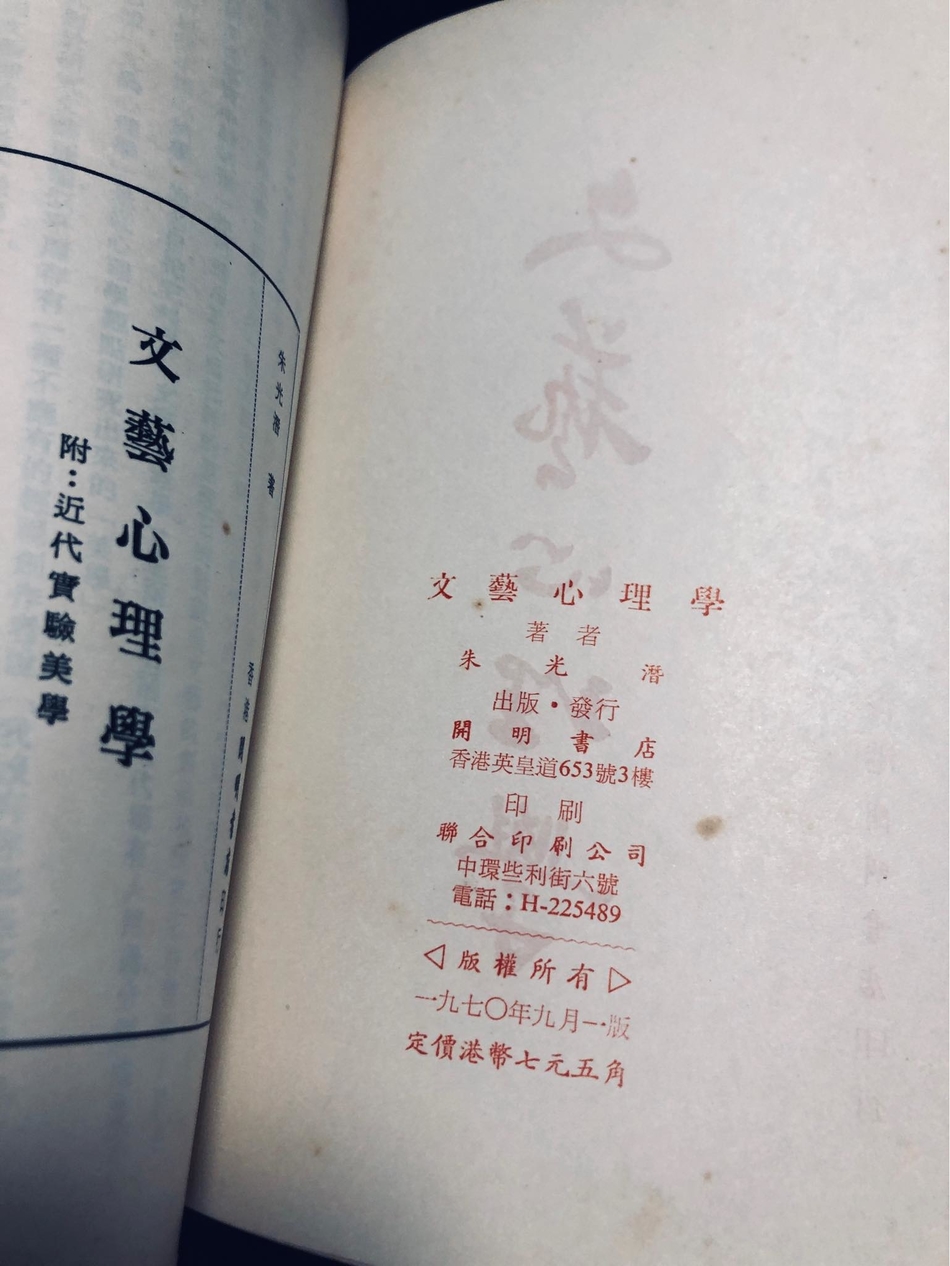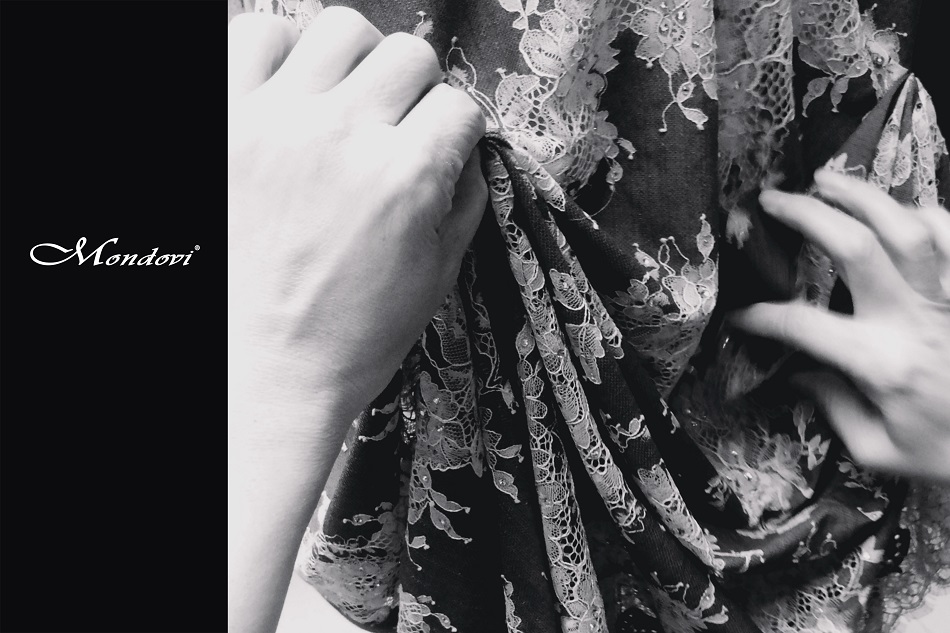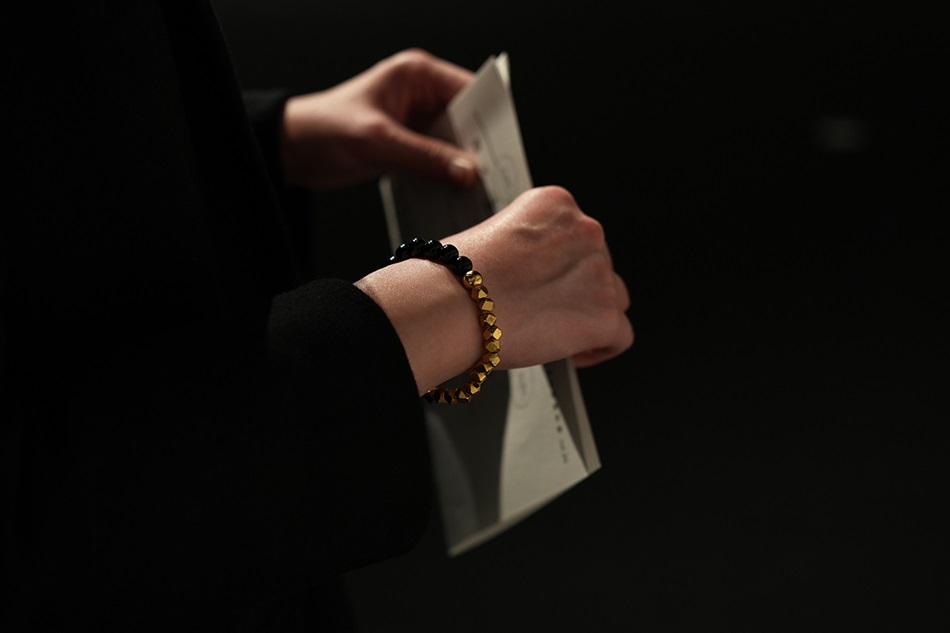Interview #44
Book Corner: “文藝心理學” by Zhu Guangqian
Jerry Ho|TOAST Books

Written and Images by Jerry Ho|TOAST Books
Translation by Wendy Yiu
A book is like a friend. We understand the world and life, or even observe ourselves through texts, and have a deep realization of oneself that we are not alone. PMQ invites different people from design and culture sectors to recommend a book, so that you can enrich yourselves as book therapy.
Why would you recommend this book?
Jerry Ho: Since the 1930s, even to this day, some people still do not value aesthetics. In the chapter of〈告讀者〉: "The creator said, "I can still create without literary theories; even with literary theories, you still cannot create.” The appreciator said, “Literature and art cannot be analyzed by scientific methods. If you analyze it, you will get only fragmented pieces without getting a whole picture.”
Zhu believes that modern art has generally deviated from the "natural exposure" and entered the stage of "intentional creation”. Creators inevitably have to think about issues such as content and format, art and life. The actual experience that the creator reflects from the individual is of course important in creation, but if the creator can pay attention to the achievements obtained by the literary and art theorists, he would then avoid the narrow perspective.

"文藝心理學"
Author: Zhu Guangqian
Moreover, Zhu also believes that since it can be called "appreciation", it is essential to get hold of "value" and the essence of art. He said, "You don’t have any clue on what beauty is, you have no reason to say that this picture is more beautiful than the other one; if you do not understand the essence of art, you have no reason to say that this work is art, and that work is not art. " People who do not understand aesthetics but criticise literature and art are like sailors talking about astronomy, all based on sparse experience without systematic rationale. Of course, experience is by no means useless, but experience is sometimes not enough, and sometimes it is wrong.
In another book《談美》, Zhu expresses that in the critical years, it is even more important to discuss aesthetics. He believes that "the people not having a kind heart only because they have failed to abstain from vulgarity", and the so-called "vulgarity" is just like seeking desire, and that cannot make one noble and decent.
Although the book is called 《文藝心理學》, Zhu said that the book can also be named 《美學》, because it discusses aesthetics. Considering that art and beauty is a branch of philosophy, Zhu hopes to unveil his discussion from the perspective of a typical person, so he has chosen the current book title.


